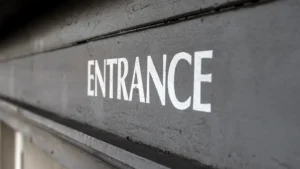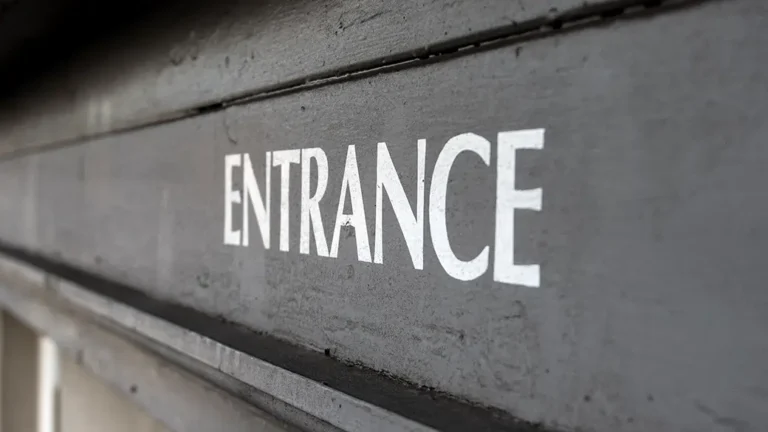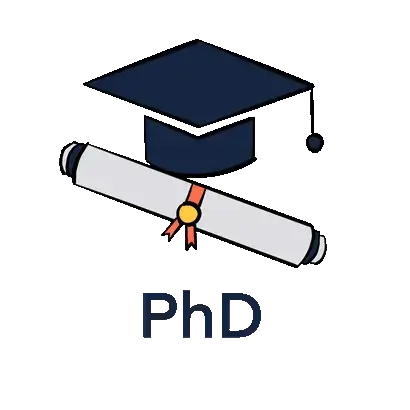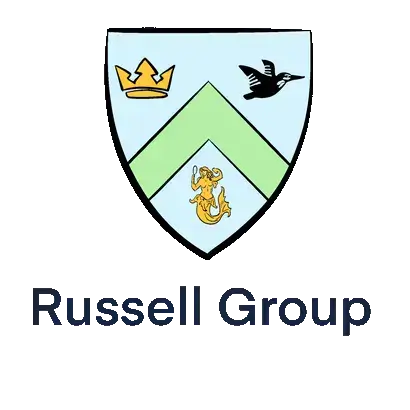How can I get my child into private school?
Getting your child into an independent school can appear challenging at first, but with the right approach and preparation, it can be the route to academic and personal success. In this guide, we offer ten useful tips and hints to help you understand the admissions process, ranging from choosing the right school through to ensuring your child is properly prepared.
Research the schools
Before beginning the process of applying, make sure you take some time to research independent schools in your local area. You should look particularly for those private schools that align with your sense of your child’s academic abilities, interests, and support their extracurricular activities such as drama or sport. It is a good idea to examine school websites, read both formal and informal reviews, and, most importantly, attend open days if you possibly can. All this careful scrutiny will help you to narrow down your options to those schools which are most suitable for your child.
Understand the admissions criteria
Each independent school will have its own admissions criteria, which means the method by which prospective pupils are offered places. This will be published as an admissions policy on the school website and should be a publicly available document. These requirements will vary dramatically: some schools will emphasise academic performance, while others will place more merit on extracurricular involvement and interviews with students. If you know what is required, you can help your child’s application.
Prepare for entrance exams
Many private schools will use entrance exams as part of their admissions process. These can cover a wide range of subjects, including mathematics, English, and verbal and non-verbal reasoning. At 16+ entry (sixth form) they might also include papers in prospective A-Level subjects. A private tutor can help your child prepare effectively for these tests but ensure they have experience of that specific school or a very similar one, and that they are a qualified teacher with a valid DBS certificate.
Build a strong application
Your child’s application may require a statement on their academic achievements but also detailing their personal qualities. Sometimes these will include a reference from their current headteacher. Make sure you or the headteacher includes any awards, certification (for example, music exams) or extracurricular activities in which they have participated. These documents sometimes have a very strict deadline so make sure you note it down.
Visit and engage with the school
A really good way to get to know a school is to attend an open day. You should encourage your child to speak to current students and staff when they visit. There may be an opportunity for a tour with pupils which is a good way to understand more about how things work. This will also help you to see if you can imagine your child attending there and becoming part of the school community.
Secure strong references
Most independent schools do require a reference from the child’s previous school, usually written by the headteacher. Some also require reports so they can assess if a child meets their academic standards. It is a good idea to let the staff at your child’s current school know well in advance where you are planning to apply, so that they can assist in any way possible with the application and subsequent transition.
Consider financial planning
Private education can be a challenging financial commitment for many families. Prior to applying, ensure that you have a comprehensive understanding of the termly fees and any additional costs, which might include materials, trips, uniforms or travel expenses. Some schools offer scholarships or bursaries, and it may be worthwhile to explore these options if your child or family circumstances qualify.
Begin early preparation
Starting the preparation process early is important because it gives you a reassurance that you have carefully prepared for what could be a significant transition in your child’s life. Consider additional tutoring if your child is slightly less able in one of the examined subjects for entry, and stay in regular touch with their current school to check progress.
Practice interview skills
It is normal for private schools to conduct interviews with prospective pupils as part of a multi-stage selection process. Practice interview techniques with your child; mock interviews with other adults can really help too. It is recommended that your child undertakes 3 or 4 practice interviews prior to the real thing to hone their skills and confidence.
Stay organised and persistent
Create a timeline for your child’s application and focus on the details: what makes children successful for entry into this particular school? Talk to other parents, whether online or in person, to find out the best route to success. Good luck with your applications.










Start the discussion!